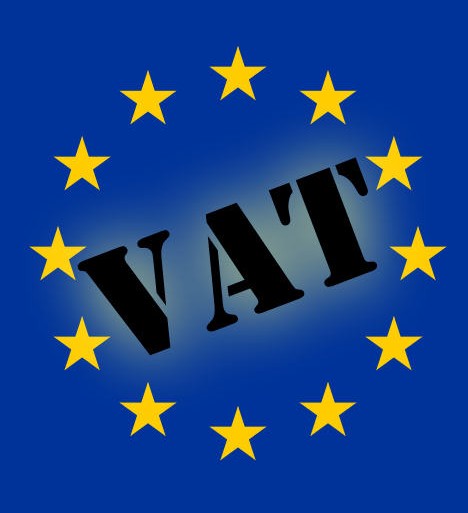VAT Change Gives SaaS Users The Leading Edge Says NetSuite

SaaS vendor promotes services as the answer to January’s complex VAT changes
With the coming changes to EU VAT regulations on 1 January 2015, the strength of online services is becoming apparent. NetSuite, a US-based e-commerce software as a service vendor, claimed that is already able to handle VAT complexities ahead of the deadline.
The mandated tax changes will mean that any B2C company selling e-services within the EU must charge and pay VAT according to the prevailing rates within each customer’s residential country.
Services not hardware
The new rules only apply to electronic services, broadcasting and telecommunications, sales of physical goods will be taxed at the place of supply as before. This could mean that a reseller would have to apply two different tax rates for a single sale involving hardware and services – such as appliance installation.
 The regulations primarily target large corporations like Amazon, Apple and Google to prevent them from dodging higher tax rates by basing their businesses in countries like Luxemburg where VAT is at the lowest European level of 15 percent. With no exemption small businesses, including microbusinesses and startups, will face the administration costs of compliance. Larger companies can easily afford to meet the regulations but smaller businesses will have to upgrade their systems to synchronise the location of the customer, the prevailing tax rate and localisation of website information to reflect the subsequent price variations.
The regulations primarily target large corporations like Amazon, Apple and Google to prevent them from dodging higher tax rates by basing their businesses in countries like Luxemburg where VAT is at the lowest European level of 15 percent. With no exemption small businesses, including microbusinesses and startups, will face the administration costs of compliance. Larger companies can easily afford to meet the regulations but smaller businesses will have to upgrade their systems to synchronise the location of the customer, the prevailing tax rate and localisation of website information to reflect the subsequent price variations.
E-services providers will also have to provide proof of each customer’s location beyond a billing address, such as the IP address used by the customer to purchase or download their services – which could be different from their central billing headquarters. Vendors unable to comply with these requirements, or registering late, will be penalized and this would depend on which EU country’s tax regulations have been broken. Fines will be levied by the country the where the sale was deemed to be made and could be as high as double the amount of unpaid VAT and, in some EU member states, companies may also face legal and criminal proceedings.
NetSuite’s e-commerce products span across ERP, CRM, and omnichannel (web, mobile and traditional retail channels) and this makes it possible to take the various VAT rates into account automatically. The responsibility for keeping up on changes in taxation is borne by the service provider, relieving the load on the service user. The company argued that other services lack the internal linkage between ERP and CRM that makes true automation possible.
Craig Sullivan, senior vice president for enterprise and international products at NetSuite, said, “NetSuite is justly proud of its long pioneering history of automating complex tax compliance requirements so our customers don’t have to shoulder that burden. Our direct response to this latest tax change means NetSuite customers can enjoy the holiday season safe in the knowledge that, thanks to NetSuite, they will be fully prepared when the new EU VAT regulation goes into effect as 2015 dawns.”